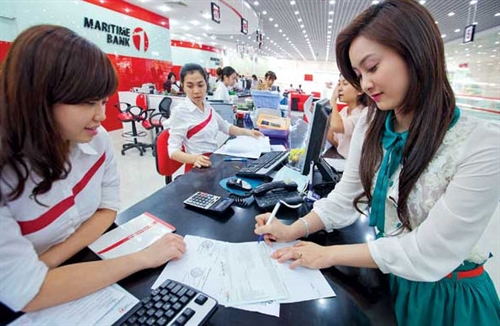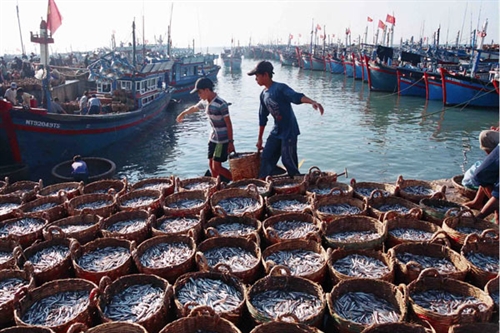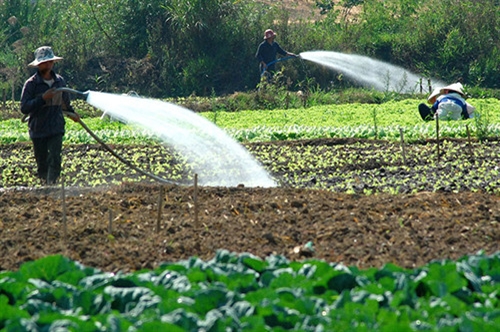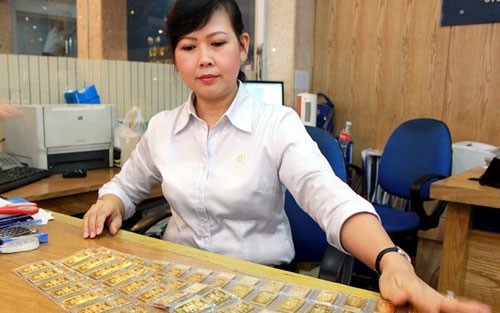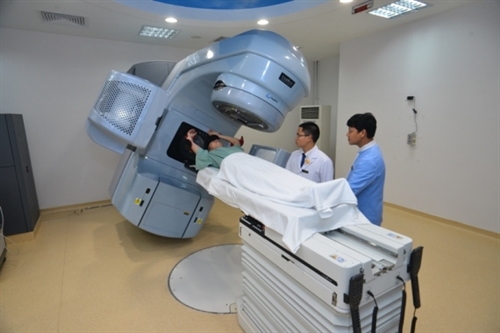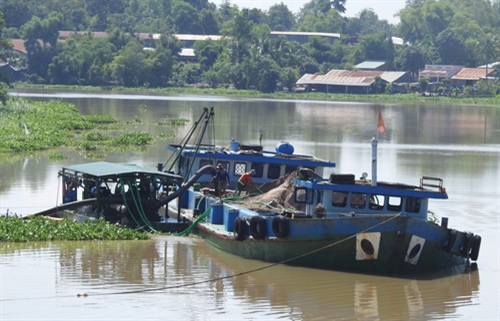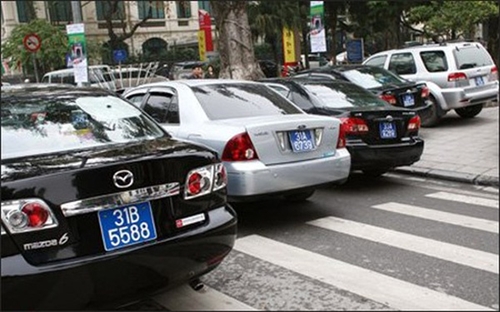The Ministry of Industry and Trade recently revealed a draft decree to replace Decree No. 19 issued in 2016, in an attempt to abolishing a number of conditions which gas traders must meet in order to encourage small- and medium-sized enterprises (SMEs) to enter the gas trading market, especially liquefied petroleum gas (LPG) market.
Accordingly, the drafter proposes removing the business conditions which wholesale gas traders must satisfy as prescribed in Decree No. 19, including number of gas tanks and LPG cylinders and bottle under their ownership and business scale.
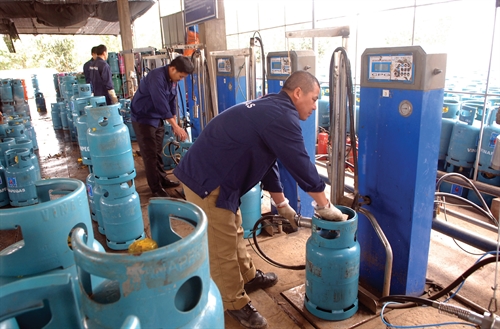 |
| Filling gas into bottles at the Vietnam Petroleum Supplies and Equipment JSC (Dai Tu industrial park, Hanoi)__Photto: Danh Lam |
Also, gas importers and exporters would be relieved from such strict conditions as having a storehouse with a total capacity of gas tanks of at least 3,000 m3 for LPG; 60,000 m3 for LNG; 200,000 m3 for CNG, or having the quantity of LPG cylinders of a total capacity of at least 3,930,000 liters.
Gas importers, exporters and distributors would no longer be required to own LPG bottle-filling stations, gas-filling stations for vehicles and gas stations, the drafter says.
The draft decree also proposes reducing the number of gas trader categories to four, including gas exporters and importers; gas producers and processors; gas traders; and bottled LPG retailers.
Under Decree No. 19, gas traders must set up their own distribution systems, which might create obstacles for them during their operation.
That’s why the drafter proposes removing this condition, allowing enterprises to decide whether to set up their own distribution systems based on their sizes and capacities.
The draft decree goes on to say that gas would no longer be a commodity subject to compulsory circulation reserve, but a commodity on the list of goods and services subject to price valorization in accordance with the Law on Prices.
Compared to Decree No. 19, the draft decree adds several safety requirements for gas-storing facilities including gas tanks, gas storehouses and gas pipelines, gas filling and supply stations, bottled LPG retail stores, LPG bottle manufacturing and repairing establishments; conditions for LPG bottle-testing facilities; and conditions for grant of eligibility certificates for these facilities.
It also devotes a separate chapter to gas trading safety management in order to better ensure safety, health and rights of consumers.- (VLLF)

